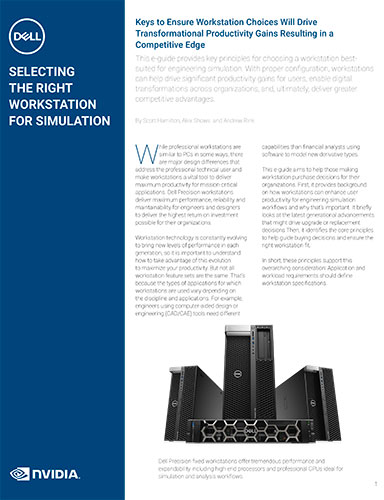GE Picks 400-plus Schools to Receive 3D Printers
June 5, 2017
More than 400 schools will receive 3D printers as a part of the GE Additive Education Program, reaching more than 180,000 students around the globe. With a goal of developing pipelines of future talent in additive manufacturing around the world, GE will send a desktop polymer printer package to primary and secondary schools, and a metal printing machine to eight colleges or universities.
The printer package for primary and secondary schools includes two Polar Cloud-enabled polymer printers–one Polar 3D printer and one XYZprinting, Inc. printer. The package also includes Polar 3D’s STEAMtrax curriculum with a two-year license, six rolls of filament for each printer and the “Tinkering with Turbines” STEAMtrax module kit. Students from countries across the globe will have access to these printer packages, including Canada, China, Germany, India, Spain the United Kingdom and the United States.
GE will provide the following eight schools a Concept Laser MLAB cusing 100R metal printing machine, worth approximately $250,000 each, as a part of the first year of their Additive Education Program:
- Auburn University
- Boston University
- Iowa State University
- North Carolina State University
- Ohio State University
- University of Cincinnati
- University of New South Wales
- U.S. Naval Academy
“Additive manufacturing and 3D printing is revolutionizing the way we think about designing and manufacturing products,” says Mohammad Ehteshami, vice president of GE Additive. “We want a pipeline of engineering talent that have additive in their DNA. This education program is our way of supporting that goal.”
The response to the metal additive education program has been overwhelming, generating more than 250 applications from colleges and universities and more than 500 applications from primary and secondary schools around the world. A hand-picked team of GE specialists evaluated each school and made the final selections.
GE will deliver the printers to selected schools later this year and plans to provide machines to more schools each year over the next four years. The next application window will open during the first quarter of 2018.
GE has actively supported education for more than 100 years. GE’s efforts focus on areas that have the greatest impact and can improve outcomes for students. In the U.S. alone, GE has invested more than $225 million and thousands of hours to support public education, according to the company.
For more information, visit GE.
Sources: Press materials received from the company.
Subscribe to our FREE magazine, FREE email newsletters or both!






